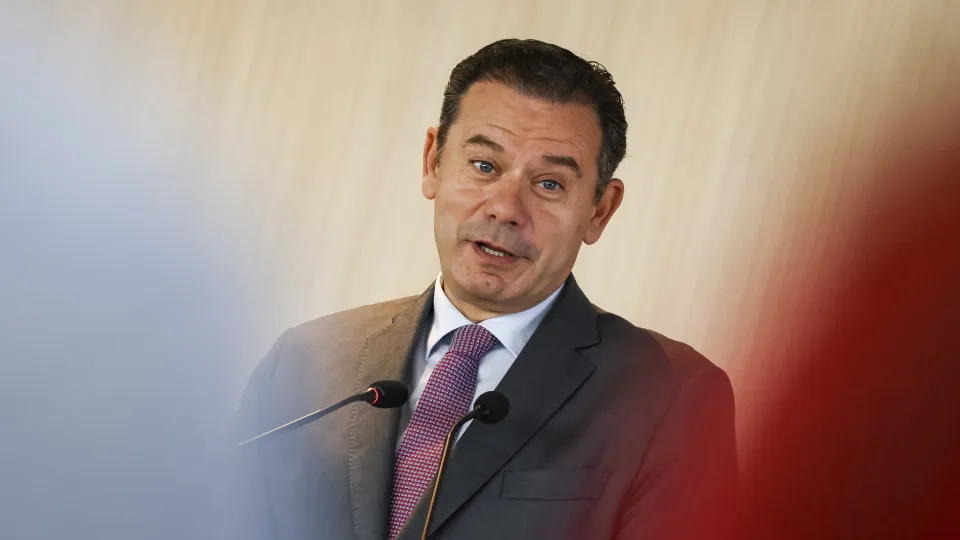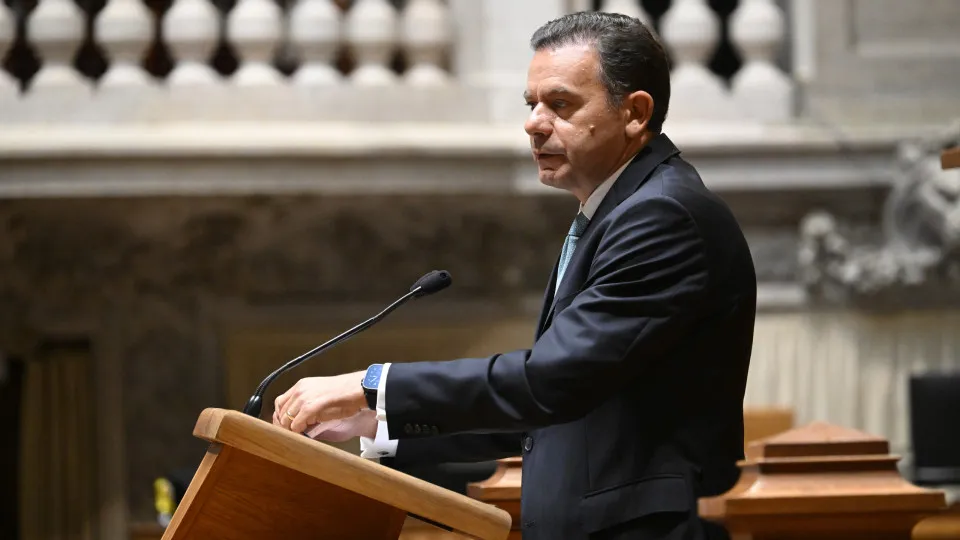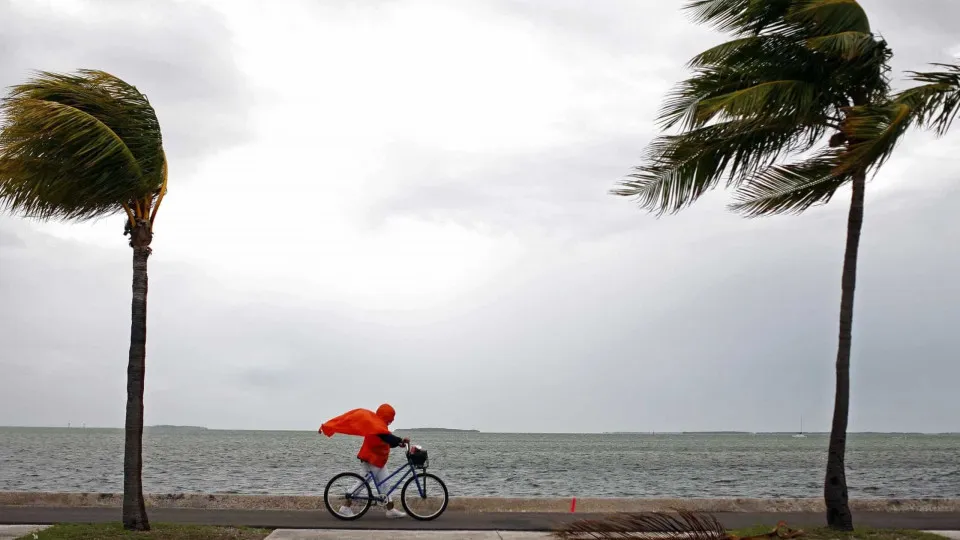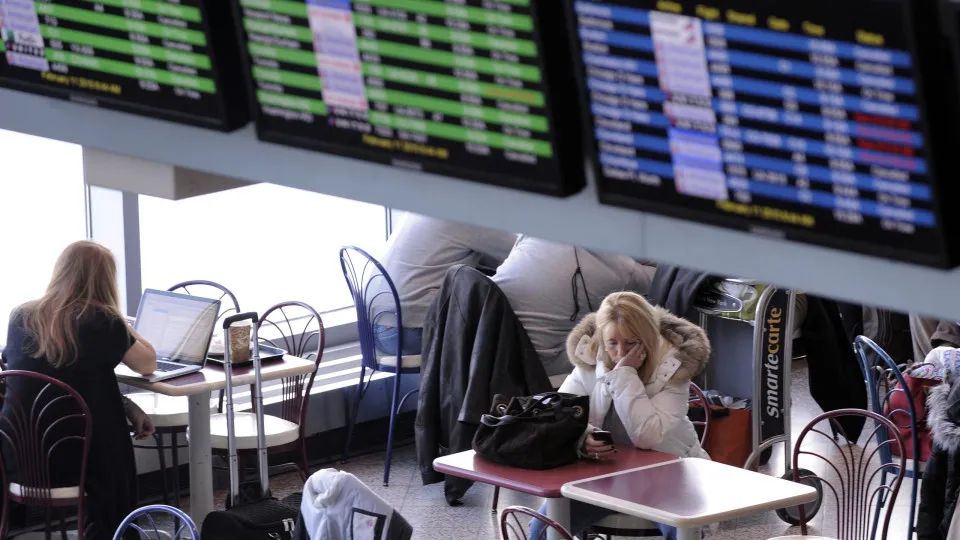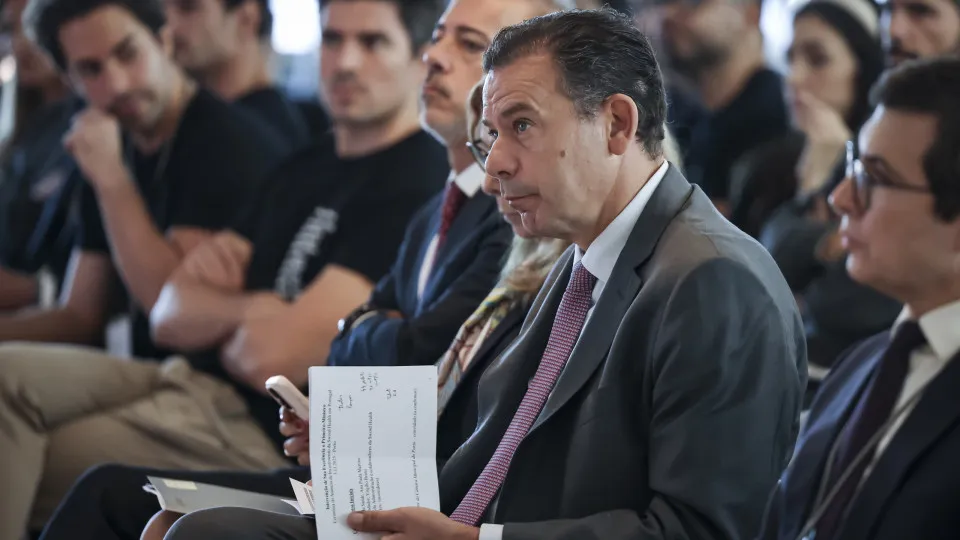
Portugal, with its long-standing global responsibilities, is demonstrating leadership on the international stage, stated Luís Montenegro upon entering the 4th Summit between the European Union and the Community of Latin American and Caribbean States (CELAC).
The meeting takes place today in Santa Marta, Colombia, amid several notable absences, such as the President of the European Commission, Ursula von der Leyen, German Chancellor Friedrich Merz, and French President Emmanuel Macron.
“I believe Portugal also has the responsibility to demonstrate the importance of this relationship. While not wishing to engage in any controversy with my colleagues, the truth is that we often lead by example, and Portugal has had the opportunity to demonstrate that it is vital to value what is important in these moments,” he said.
The Portuguese Prime Minister emphasized his focus on the practical benefits each leader can bring to their country, rather than on the evaluation of the attendees.
“I have no problem in admitting that I would have liked a more remarkable presence of heads of state and government here, but even so, we will always drive the approach and enhancement of this instrument,” he said.
Montenegro highlighted that the EU-CELAC represents a strategic alliance encompassing over one billion people, about 14% of the global population, approximately 21% of the world’s economic output, and about a third of the United Nations member states.
Arriving without a tie due to the intense morning heat in Santa Marta at 9:00 AM (2:00 PM in Lisbon), Montenegro argued for a more intense and profound partnership with Latin American and Caribbean countries.
“The impact is significant if we can harness all the synergies from cultural, historical, commercial, and economic relations, potentially leading to significant progress on both sides of the Atlantic Ocean,” he said.
For the Portuguese Prime Minister, it is up to the European Union to seize these synergies.
“I specifically refer to the realization and implementation of the Mercosur agreement, the dynamic implementation of the trade agreement with Mexico, and all other trade agreements that the European Union has been negotiating in this region and often shows an inability to implement,” he said.
The EU-Mercosur trade agreement, reached after 25 years of negotiation, was signed in December 2024 but still requires final validation.
[News updated at 2:57 PM]

